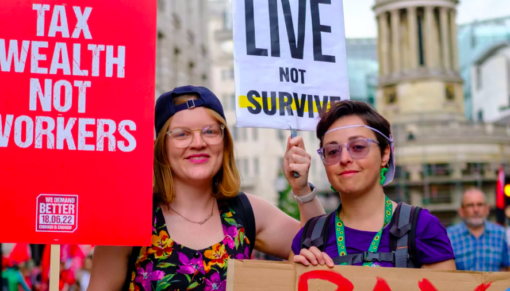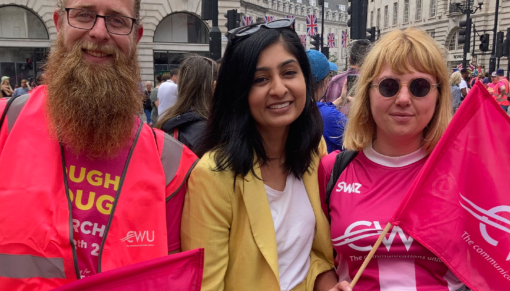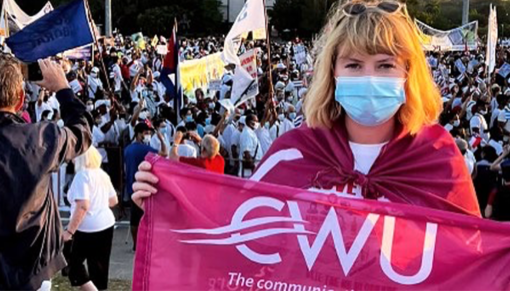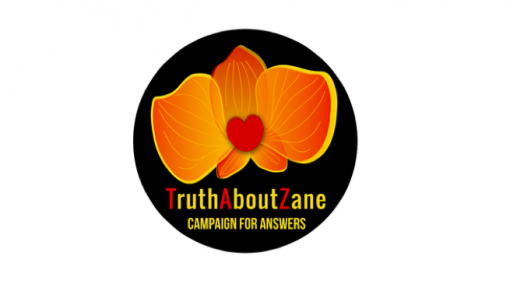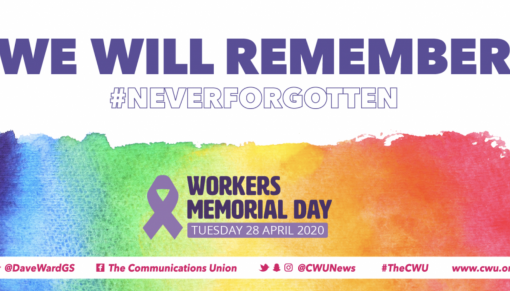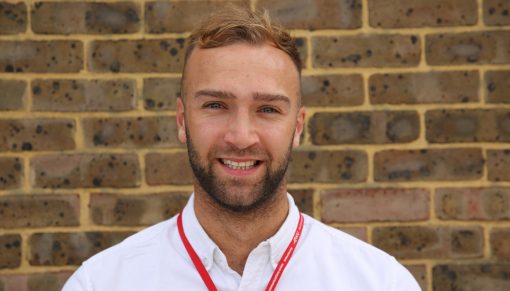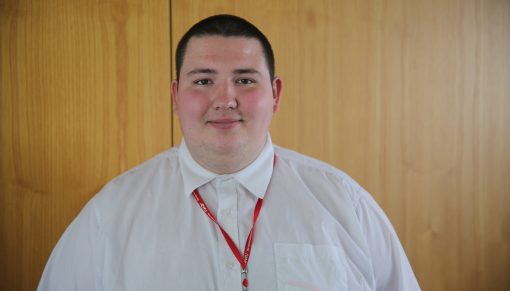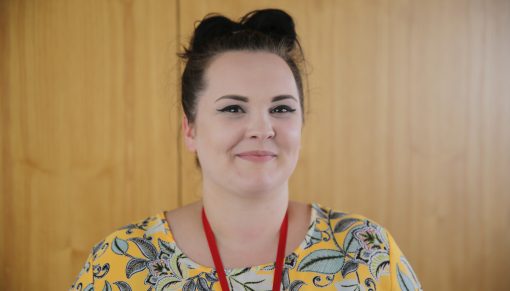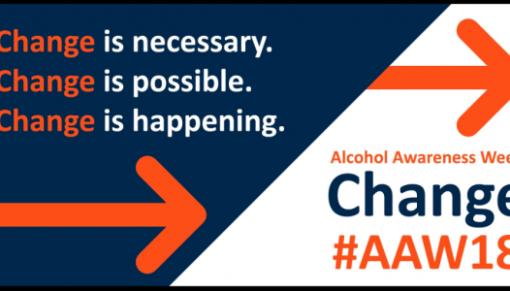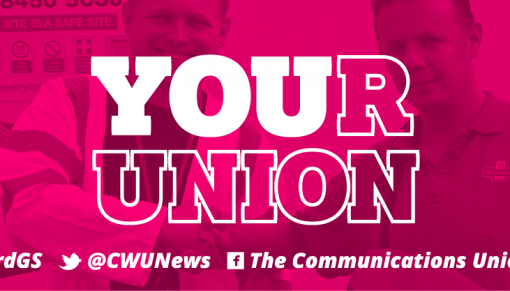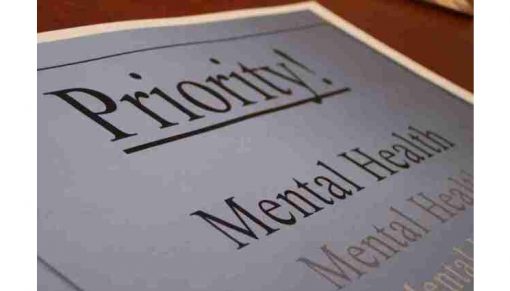Who’s Caring for the Young Carers?
October 7 2015 Looking after someone that you care about can be very emotional and hard to deal with. Some people feel that they owe it to their loved one to care for them. This can sometimes become too much and the person caring needs to remember to look after themselves too.
Looking after someone that you care about can be very emotional and hard to deal with. Some people feel that they owe it to their loved one to care for them. This can sometimes become too much and the person caring needs to remember to look after themselves too.
Trying to care for your loved one and trying to keep them at home is not always the best thing to do and although it might not seem like it at the time asking for help yourself does not mean you have failed. It means you are being sensible and trying to do the right thing.
In the media recently there have been a number of issues highlighted – being a young carer, trying to hold down a full time job and caring for a loved one to name a few.
Nearly a quarter of a million children in England and Wales are caring for a relative.
Figures from the ONSsuggest 244,000 people under 19 are carers – about 23,000 are under 9.
A television programme was on recently about young carers caring for their parents, taking on all the roles around the house and even looking after other siblings. For a young person this can be extremely hard and have a massive impact on their lives but this should not be the case.
Everyone has rights and young carers do too.
They have the right:
- to be children as well as carers.
- to schools and colleges that give us the help we need to get an education.
- to fun, friends and time off from caring.
- to family life with well-supported parents.
- to practical help and support so that we don’t have to do all of the caring in our homes.
- to a safe environment and protection from harm, including any harm that caring activities could cause us.
- to services that value our different backgrounds, cultures, religions, races and sexualities.
- to be listened to and supported by the people who support our parents and siblings.
- to an assessment of what we need as individuals, without any assumptions being made about us.
- to be listened to and involved when people make decisions which affect our lives.
- to information about the health problems that we see our family members experiencing.
- to advocacy and complaints procedures which we can understand and which work.
- to stop taking on caring roles when we wish to.
- to move on and become independent adults.
 Source: www.youngcarers.net
Source: www.youngcarers.net
Some of these young children are still at school and struggle with the balance of juggling school and being a full-time carer.
IS THERE ENOUGH SUPPORT FOR THESE YOUNG CARERS AND DOES THE EDUCATON SYSTEM TAKE THIS INTO ACCOUNT?
For more information on young carers and the support they can get you can find it here at the following websites.
http://www.nhs.uk/CarersDirect/young/young/Pages/who-can-help.aspx
From 30th June 2014 every employee has the statutory right to request flexible working after 26 weeks of employment.
This was previously only applied to parents with children under the age of 17 or 18 if the child is disabled and certain carers.
For more information on this you can look on acas.org.uk
I will be following up with another article on Adult Carers.
Charlotte Regan
Youth Committee Vice Chair
Greater London Combined branch



